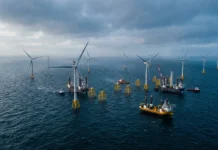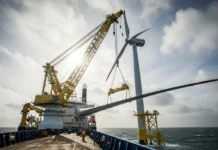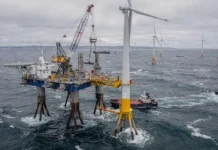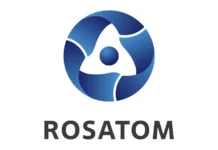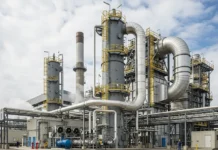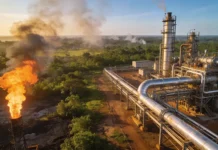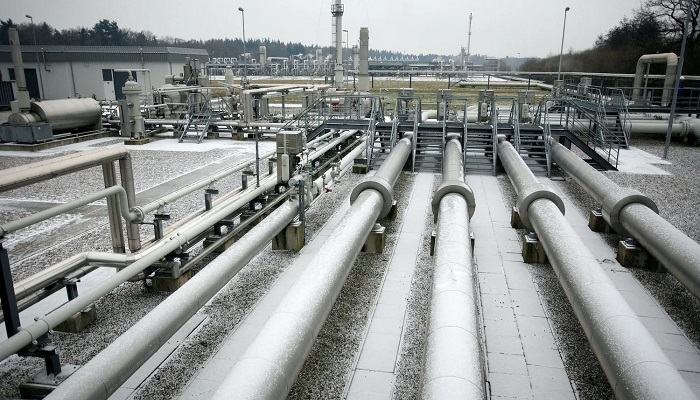Research from McKinsey & Company, a consulting firm, is of the opinion that Europe may very well have to cut its demand for gas by almost 55 billion cubic metres in 2023.
Failure to do so would put nations at substantial risk because of a rebound within the Asian markets and also reductions in imports from Russia. The study goes on to find out that the ongoing restrictions on oil and gas sources from Russia could not knock out almost 25 billion cubic metres of supplies.
That said, a refreshed thirst for LNG from countries in Asia may soak up almost 35 bcm, and a much colder winter could very well boost the demand even more.
As per the latest article from Mckinsey, 57% of the EU manufacturers will not be able to reduce their gas consumption further while also maintaining their output for the next couple of years.
This means a further gas rationing measure could also sustainably impact the European Union’s economy. Even if Europe goes on to meet its RePowerEU objectives in order to lessen gas consumption and also enhance energy efficiency, there is a significant amount of risk coming in from probable supply disruptions and volatile gas rates.
Because of this, the consultancy firm predicts that Europe may as well need to elongate the phase-out when it comes to coal, extend the lifetime of nuclear plants, and at the same time speed up the widening of renewable energy sources so as to reduce the dependence on gas as a baseload.
It has also been found that sustained disruptions when it comes to the supply chain, slow permitting of the processes, and a lack of skilled workforce for the installation of renewables could slow down the required pace when it comes to RES development across Europe.
Namit Sharma, one of the senior partners at McKinsey, opines that their analysis does show there is a bandwidth so as to further reduce the gas demand from Europe without having to do substantial damage to its economy. If, in fact, the EU goes on to achieve all its gas savings measures, there could be a 24% reduction in consumption, although probable factors like stiffer competition from Asia could go on to reduce the supply chain of Europe to an even greater extent.
The numerous variables that are at play may also produce a significant amount of uncertainty, and Europe’s businesses may have to be completely prepared to mitigate these risks. This may also require the businesses to consider the diversification factor when it comes to sourcing their energy, as well as managing the demand, precisely monitoring movements within the energy market, and also investing in natural gas substitutes.
The consulting firm has pointed to many actions that can be taken by businesses to enable them to navigate energy market fickleness and disruption. These actions include the procurement of energy as well as energy management, security of supply, management in terms of the risks involved, and monitoring of signs.
According to a senior partner at McKinsey, Thomas Vahlenkamp, if Europe can go on to sustain as well as accelerate numerous reductions in gas measures, the market should remain balanced without going through prominent price increases in the years to come. According to him, Europe can drive demand reduction when it comes to sustainable gas by speeding industrial electrification developments such as fuel switching and through longer lifetime extensions when it comes to nuclear and coal.










